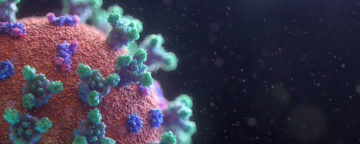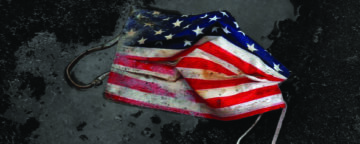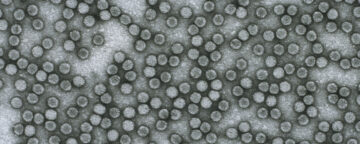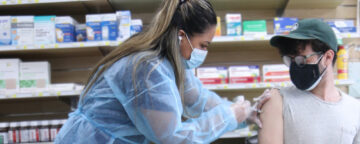An Annenberg Science Knowledge survey of over 1,600 U.S. adults finds that many have a base of knowledge about the flu, but misinformation about flu, Covid-19, and vaccination persists.


An Annenberg Science Knowledge survey of over 1,600 U.S. adults finds that many have a base of knowledge about the flu, but misinformation about flu, Covid-19, and vaccination persists.

The Annenberg Public Policy Center has received support from the Robert Wood Johnson Foundation to expand a new model for blunting the impact of deceptive claims about health.

In Democracy Amid Crises: Polarization, Pandemic, Protests, and Persuasion, a team of scholars assembled by APPC provide a data-rich analysis of the impact of four interlocking crises on the 2020 election and its aftermath.

FactCheck.org has released its list of the Whoppers of '22, its annual review of the year's worst political and viral deceptions. Political appeals to fear were as popular as ever -- and Covid-19 misinformation continued to be a huge problem online.

The latest Annenberg Science Knowledge (ASK) national panel survey examines public knowledge and beliefs about the poliovirus, the bivalent Covid-19 vaccine booster, monkeypox, and other matters of public health.

Penn climate scientist Michael Mann and APPC's Shawn Patterson, Jr., draw on survey research to explore the impacts of non-violent, disruptive protests on public perceptions of climate change.

A new panel study from APPC researchers shows that people who evinced a conspiracy mentality in 2019, prior to the pandemic, were subsequently more likely to believe Covid-19 conspiracy theories.